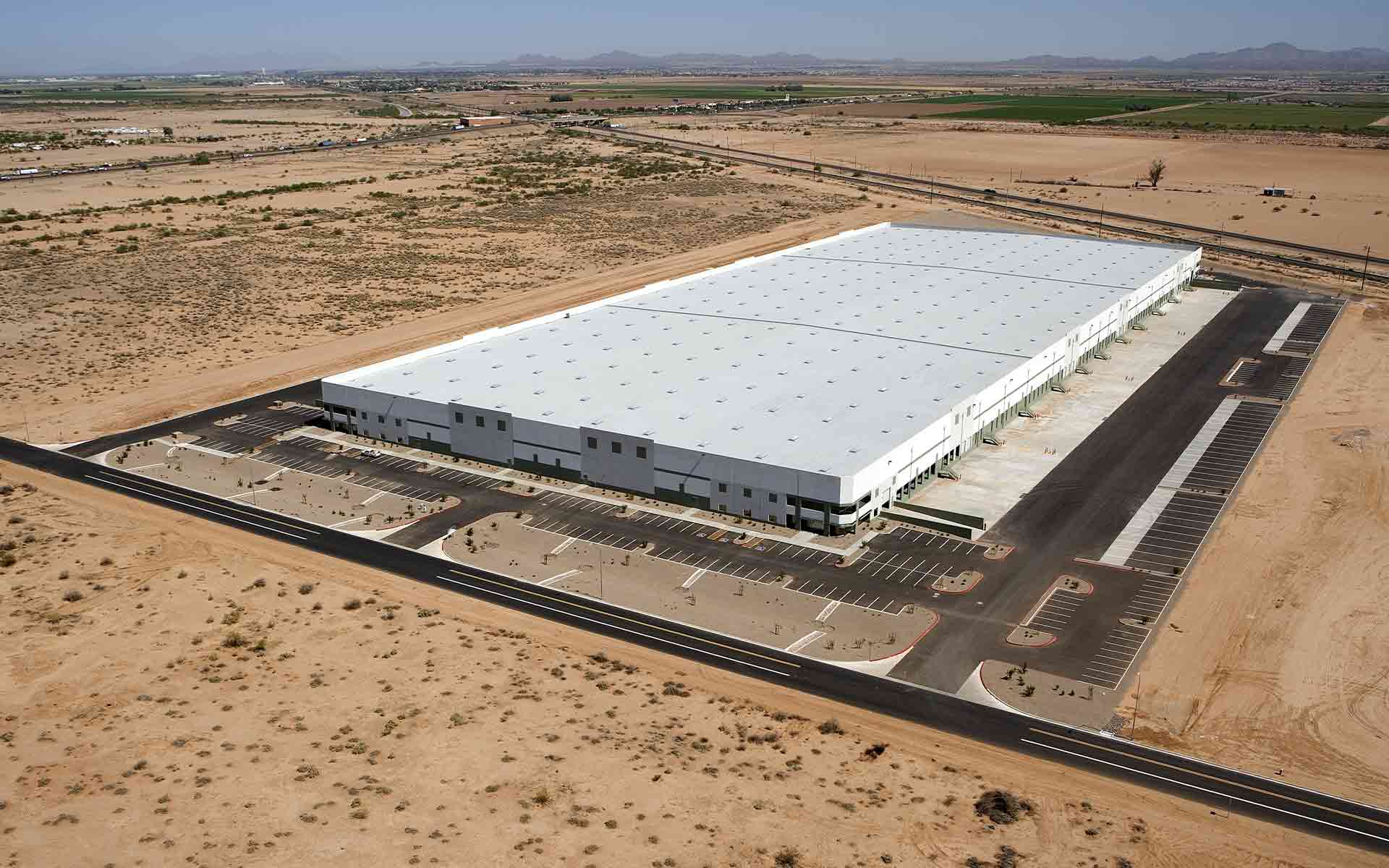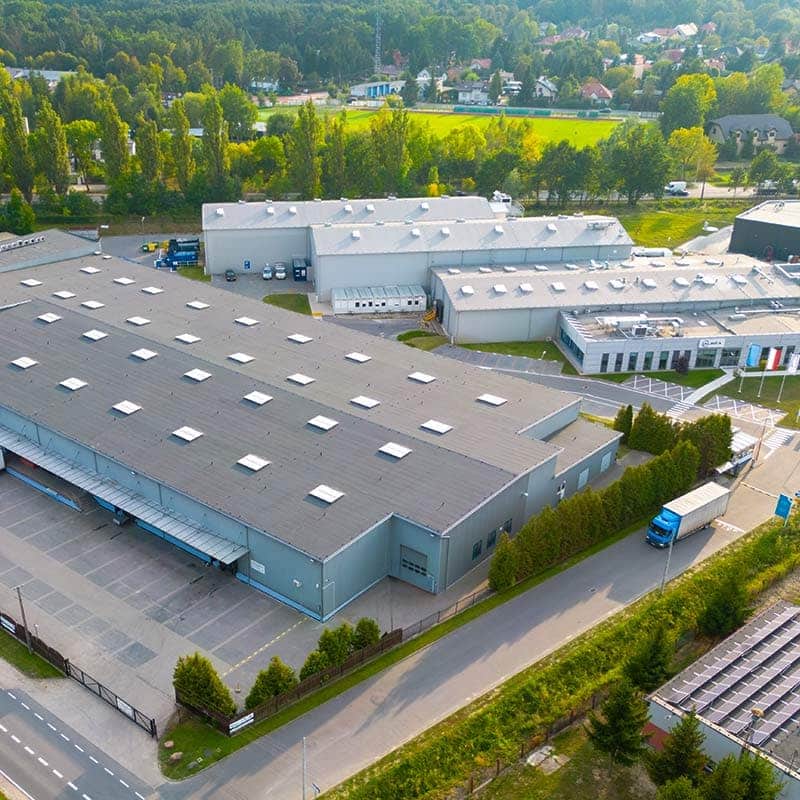Big data and analytics have become increasingly important in supply chains, especially as businesses turn to artificial intelligence (AI) and machine learning to improve processes and operations. As these solutions become more viable for real-world use, supply chain stakeholders find themselves with a growing need for accurate data. Organizations that can harness that data will find themselves better positioned to reap benefits from advances in supply chain and logistics technologies.
What is Big Data?
Big data is a term used to describe huge, extremely complex data gathered over time, which means the pool of data is always growing. Big data is often defined by the Four Vs: Variety, Velocity, Veracity, and Volume.
- Variety – Supply chain big data may come from a diverse range of sources, including IoT sensors, partners, warehouse automation, historical information, and much more. The level of structure in the data is also a spectrum, ranging from large, unstructured data dumps to organized data deliveries.
- Velocity – The speed at which data gets collected and delivered will vary from source to source. For instance, data from warehouse automation technologies may flow in continuously. In contrast, information about cargo from a datalogger may only come in when the logger reaches key checkpoints along its journey.
- Veracity – Data is only as good as its accuracy. It’s difficult for an organization to base processes and decisions around incomplete or inaccurate data. If a carrier doesn’t report a slew of late deliveries, for example, future decisions based on that data may inadvertently lead to more late shipments or upset customers.
- Volume – There’s no exact threshold for what qualifies as big data, but to put it simply, it needs to be a lot of data. A retailer with several hundred stores likely generates big data, while a local mom-and-pop corner store does not.
The Challenges of Supply Chain Big Data
Big data is extremely useful when analyzed and put to use, but that process can be overwhelming for organizations without the right software or partnerships in place. Some of the major challenges with supply chain big data include:
- Accuracy – Data gets gathered from a variety of sources, the quality of which may vary. If the data isn’t scrubbed properly, it may result in inaccurate information that leads to bad or costly decisions.
- Security – Collecting vast amounts of information about customers and supply chain movements can increase the risk of data breaches or cyberattacks.
- Scalability – As a company grows, so does the amount of data it collects. The more data collected, the harder it can be to analyze and use effectively.
- Cost – Using big data effectively often involves a large upfront investment in technology infrastructure.
- Delays – It can be difficult to make real-time decisions based on big data since the pool of data itself is in constant flux.
What is Big Data’s Role in the Supply Chain?
Big data forms the basis for most supply chain analytics solutions, or what might sometimes be called big data analytics. Big data analytics technologies examine big data to uncover patterns, correlations, trends, and other valuable insights. Doing this requires special technologies, as the datasets are often too vast and complex for traditional data processing tools to handle.
Businesses have already used technologies like AI, machine learning, and statistical algorithms to derive actionable insights from big data for many years. Phoenix Logistics, for example, is already utilizing AI to customize solutions that enhance efficiencies for customers. Big data analysis has led to notable improvements across the supply chain, touching areas such as demand forecasting, decision-making, process optimization, trend analysis, and much more.
Still, in 2024, companies only manage to use 57% of the big data they collect. But, the rise of generative AI solutions (a type of AI known for its ability to analyze massive amounts of data very quickly) has generated renewed excitement in big data as industries hope for new technology solutions that enable them to leverage and engage with their full dataset.
About Phoenix Investors
Founded by Frank P. Crivello in 1994, Phoenix Investors and its affiliates (collectively “Phoenix”) are a leader in the acquisition, development, renovation, and repositioning of industrial facilities throughout the United States. Utilizing a disciplined investment approach and successful partnerships with institutional capital sources, corporations and public stakeholders, Phoenix has developed a proven record of accomplishment of generating superior risk adjusted returns, while providing cost-efficient lease rates for its growing portfolio of national tenants. Its efforts inspire and drive the transformation and reinvigoration of the economic engines in the communities it serves. Phoenix continues to be defined by thoughtful relationships, sophisticated investment tools, cost efficient solutions, and a reputation for success.
Frank P. Crivello is a Milwaukee-based developer and Chairman & Founder of Phoenix Investors.






